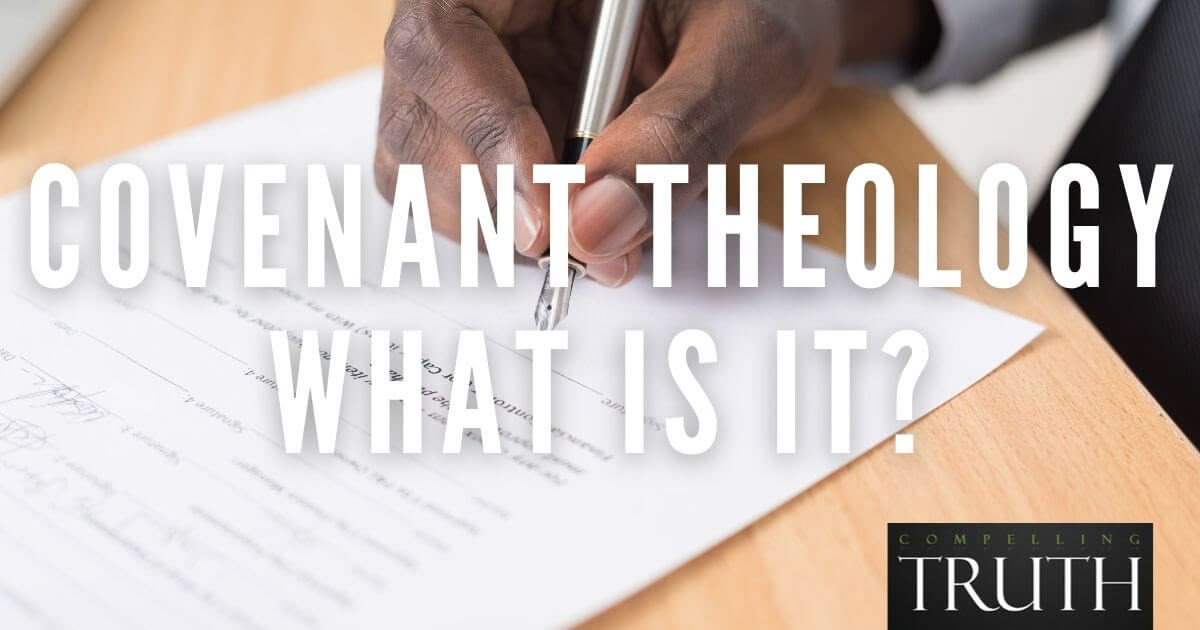what does the bible say?
Throughout the Bible, God made covenants with His people. Some of those covenants were conditional, like the Mosaic Covenant, in which God promised blessings if the people would follow His Law. Others were unconditional, like the promise God made to Abraham to make him a great nation. Problems arose with the Mosaic Covenant because the people of Israel were unable to follow the Law. Their hearts were constantly turning away from God and breaking the Law. The purpose of these covenants was to show us God’s faithfulness and to help us realize that we could not fulfill these covenants on our own. The New Covenant, foreshadowed in the Old Testament, promises a transformed heart and the indwelling of the Holy Spirit, and it is fulfilled in Christ. Unlike the conditional Mosaic Covenant, which required strict adherence to the Law, the New Covenant is unconditional, offering salvation and transformation without cost (Ephesians 2:8–9). This covenant ensures that God’s people will be given a new nature, able to obey and follow Him out of love, not mere obligation (Jeremiah 31:31–33). It points to Jesus as the ultimate sacrifice, who redeems us from sin and frees us from the burdens of the Old Covenant (Hebrews 9:13–15). The New Covenant invites us to live in the freedom and grace found in Christ, walking by the Spirit and embracing abundant life (John 10:10).




